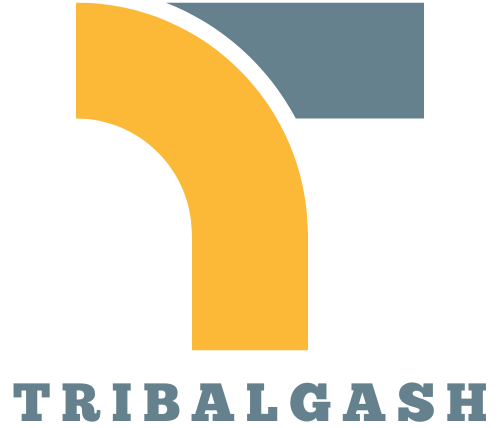Debt collection doesn’t exactly evoke images of a day at the beach, does it? Yet, for businesses, global solutions debt collectors can be the lifebuoy in turbulent financial waters. When money is owed, it can feel like a slow-motion train wreck. But what if you could transform that chaos into cash flow? Let’s jump into the world of debt collection, navigate the murky waters together, and uncover strategies to recover those elusive funds while keeping customer relationships intact. Trust us, this isn’t as dry as it sounds.
Table of Contents
ToggleUnderstanding Debt Collection

What Is Debt Collection?
Debt collection is a process where a third party seeks to recover unpaid debts from individuals or businesses. This can occur for various reasons, such as unpaid loans, invoices, or service fees. The primary goal is to retrieve the overdue amount while maintaining compliance with legal regulations which can vary by jurisdiction.
The Role of Debt Collectors
Debt collectors act as intermediaries between the creditor and the debtor. They negotiate repayment terms, remind debtors of their obligations, and sometimes offer settlement options. It’s a multifaceted role that requires strong communication skills, a keen understanding of financial laws, and a dose of empathy. After all, dealing with financial issues can be daunting for many individuals.
Challenges in Debt Collection
Regulatory Framework for Debt Collection
Navigating the regulatory landscape is often the most complex hurdle for debt collectors. The Fair Debt Collection Practices Act (FDCPA) in the United States is a significant piece of legislation that outlines what debt collectors can and cannot do. It aims to protect consumers from abusive practices, and non-compliance can lead to severe repercussions for agencies. Organizations need to stay informed about local laws and regulations in each country where they operate to avoid legal pitfalls.
Common Practices Among Debt Collectors
Not all debt collection strategies are created equal. While some collectors take an aggressive approach, others focus on relationship-building. Common practices include sending reminders, negotiating payment plans, and sometimes leveraging legal action as a last resort. But, transparency in actions and communications is essential to maintain the collector’s reputation while working to recover debts.
Strategies for Effective Debt Collection
Best Practices for Businesses
For businesses facing unpaid debts, adopting best practices can significantly enhance recovery rates. Establishing clear policies on credit and debt collection from the outset is crucial. Regularly reviewing accounts for overdue payments allows companies to act swiftly. Also, training staff on effective communication techniques can also aid in early debt recovery. The sooner a business addresses outstanding debts, the better chances they have of negotiating payments.
Leveraging Technology in Debt Collection
Technology plays a vital role in modern debt collection strategies. From automated reminders to data analysis tools that help identify at-risk accounts, tech innovations streamline the process and improve efficiency. Using software tailored for debt collection can help agencies manage large volumes of information while ensuring compliance with regulations. Integration of Artificial Intelligence can point out trends in payments, creating actionable insights for collectors.
Building Relationships with Debtors
Communication Techniques for Success
Successful debt collection hinges on effective communication. A friendly approach can make a significant difference. Employing techniques like active listening and empathy can help debtors feel understood rather than pressured. Regular follow-ups through various channels, like phone calls, emails, or letters, demonstrate persistence while remaining respectful. Maintaining a professional yet approachable tone can help smoother negotiations.
Understanding Debtor Rights
Collecting debts isn’t a free-for-all: debtors have rights that must be acknowledged. Understanding these rights is crucial for any collector. Educating both debt collectors and businesses about debtor rights can lead to a more ethical and effective collection process. For instance, knowing when and how to initiate contact, as well as respecting requests for communication limitations, keeps businesses on the right side of regulations and helps build trust.









